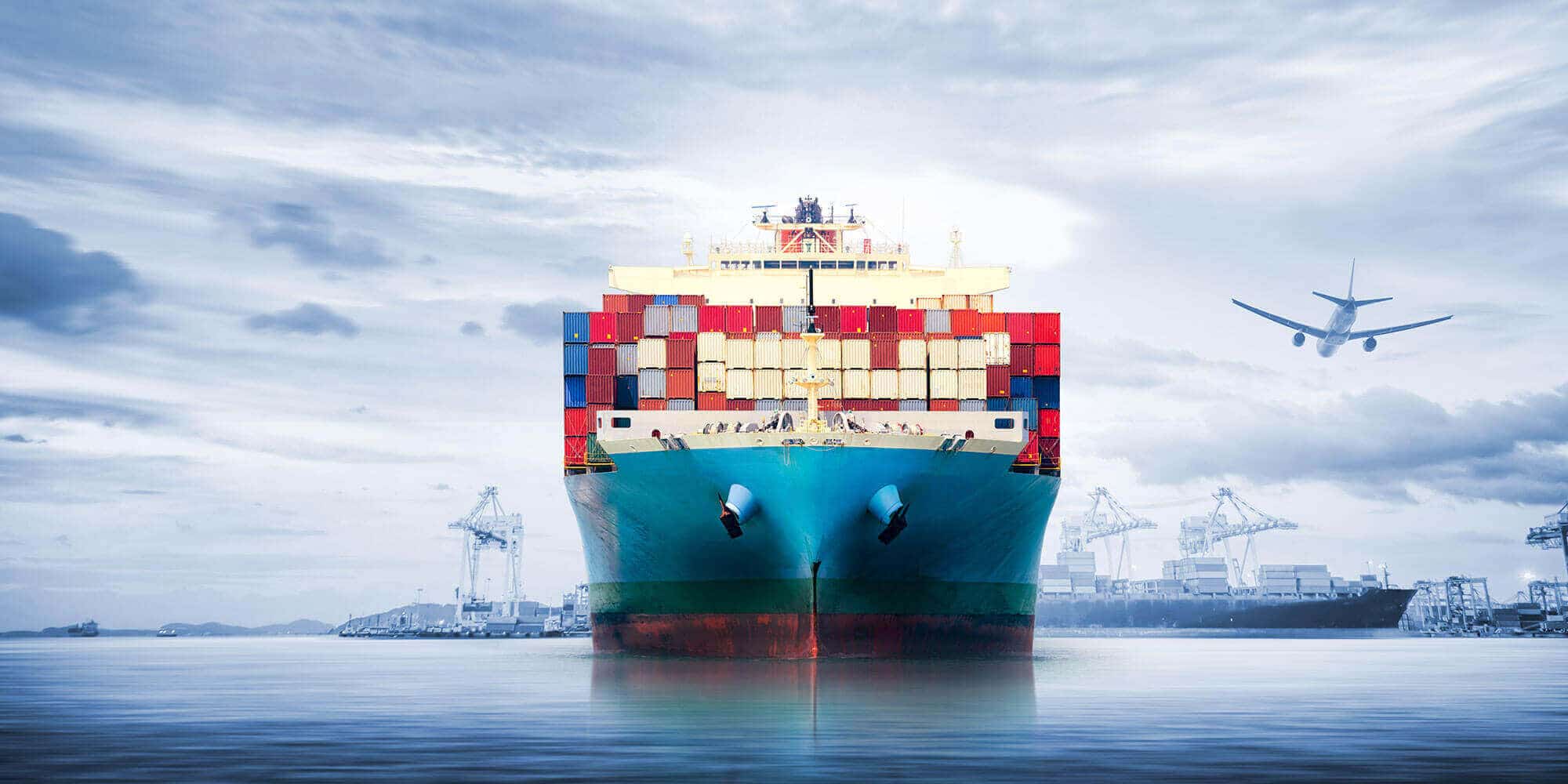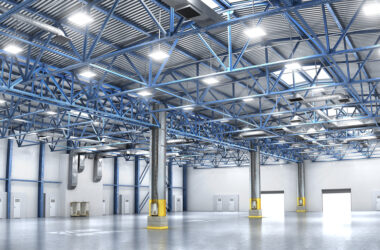After the global lockdown due to the COVID-19 pandemic, like any other industry, the shipping industry too was severely affected and disrupted. The shipping industry is the backbone of almost every other industry and the major supply chain throughout the globe. Even in a pandemic, people are dependent upon the shipping industry to deliver essential products such as food, medicine and other necessary commodities. With the closed factories, warehouses and ports LCL shipments had faced adverse effects. Different quarantine rules also caused a major delay for returning truckers.
Negative Impacts of COVID-19 on the Shipping Industry
Shortage of Containers:
Due to the outbreak of Coronavirus disease, LCL shipments had to face the biggest challenges throughout. This pandemic had caused major inconvenience and one of the biggest factors of this interference was the shortage of containers.
In the year 2020, most countries implemented lockdown and restricted their economic activities as well as reduction of port staff. All these episodes led to the deceleration of shipment handling speed. Simultaneously, with the factories and warehouses closed, shipping companies reduced the number of operating ships to steer clear of potential economic losses and maintain freight.
When the world’s economic condition started to recover in the autumn of 2020, countries like China, Europe and North America started the production processes and gradually the export capacities expanded. But the number of operating ships was still quite a few. This means the shortage of space remained the issue. Delay in shipments and shortage of containers were the issues that these companies had to face with the additional demand for heavy supplies and a major increase in freight rates. Also, the irregular activities of some countries caused port congestions in many areas.
Fluctuations in Demands:
Coronavirus has majorly boosted the traffic and sales of e-commerce platforms. Within one week, the sales rate of e-commerce websites in Italy increased by 81%. Different companies and websites that had a business model of BOPIS (Buy online, pick up in store) also gained positive results.
Geographical Risk:
This natural crisis which was created by COVID-19 gave a chance to re-evaluate the location of different supply chain locations. After the lockdown when China stopped its production and LCL shipments, some United States fashion retailers claimed that most of their products (more than 70%) were of their own country’s.
Different brands who have their factories in other nations faced a major delay in getting their products. Electronic retailers faced 10 weeks delay on LCL shipments due to the disruptions in the industry.
Companies are trying to get a solution to this problem. US companies are trying to shift their production facilities relatively closer to their headquarters.
Management of Inventory:
Major inconveniences popped up in the inventory management system during the pandemic. The drastic changes in the consumer’s demand and supply created a ripple effect. Long lasting complications arose in cases of both production and supply. Complications like unwanted goods, delayed response and inventory management chaos were created by COVID-19.
It also helped us consider whether the existing management system is robust enough or not. Some changes can be done by transferring stocks closer to the market, using advanced models, data analytics and upgrading visibility tools. It can also be considered, whether stocks in small volumes are needed or not so that fast paced deliveries can be done in emergencies. Also, planning of shortened and repeated delivery cycles can be considered in these circumstances.
Post pandemic, all the industries are trying to bounce back and major changes are happening throughout their infrastructure to beat natural crises like COVID-19. If you are facing issues with your LCL shipment, you can hire an expert agency to get your job done.







